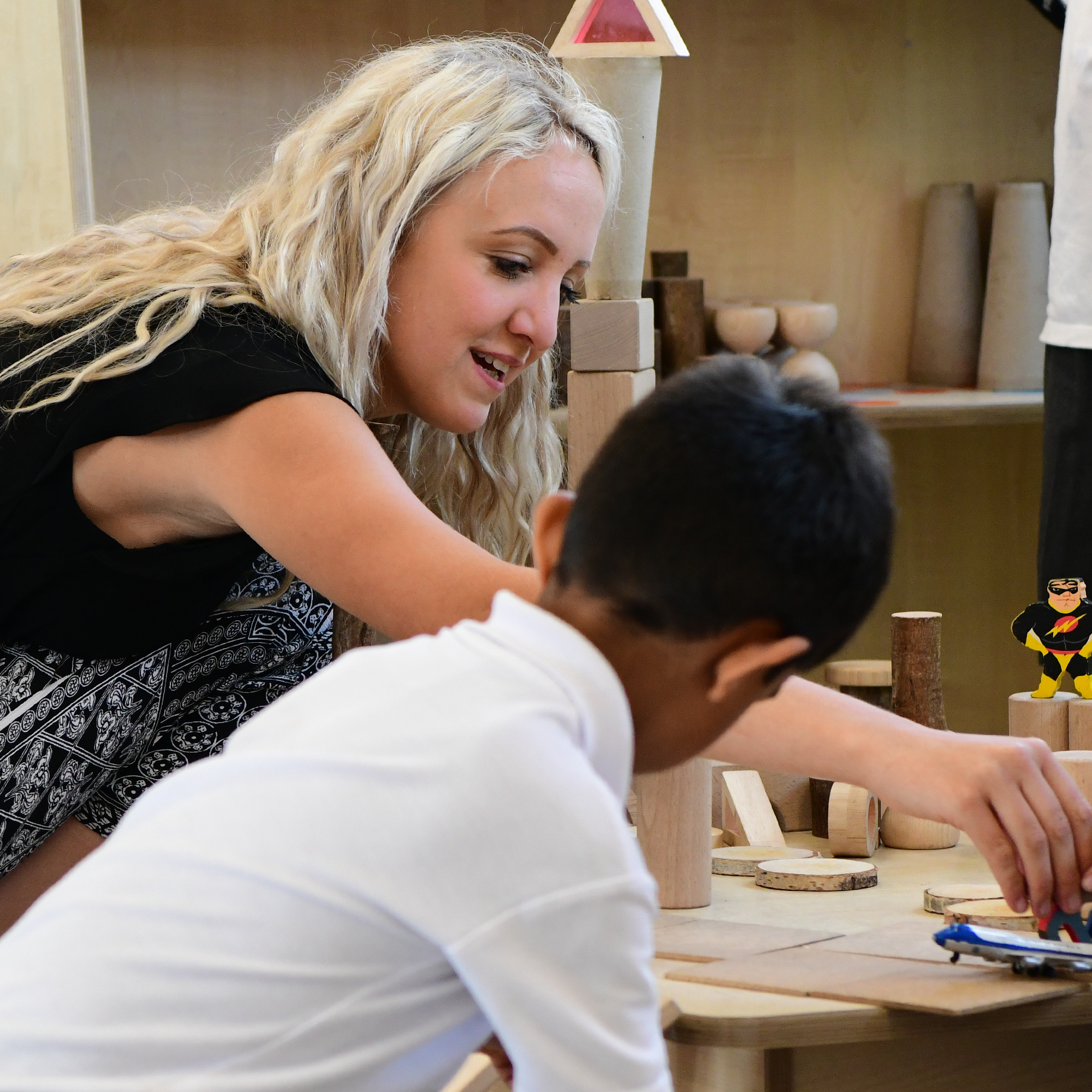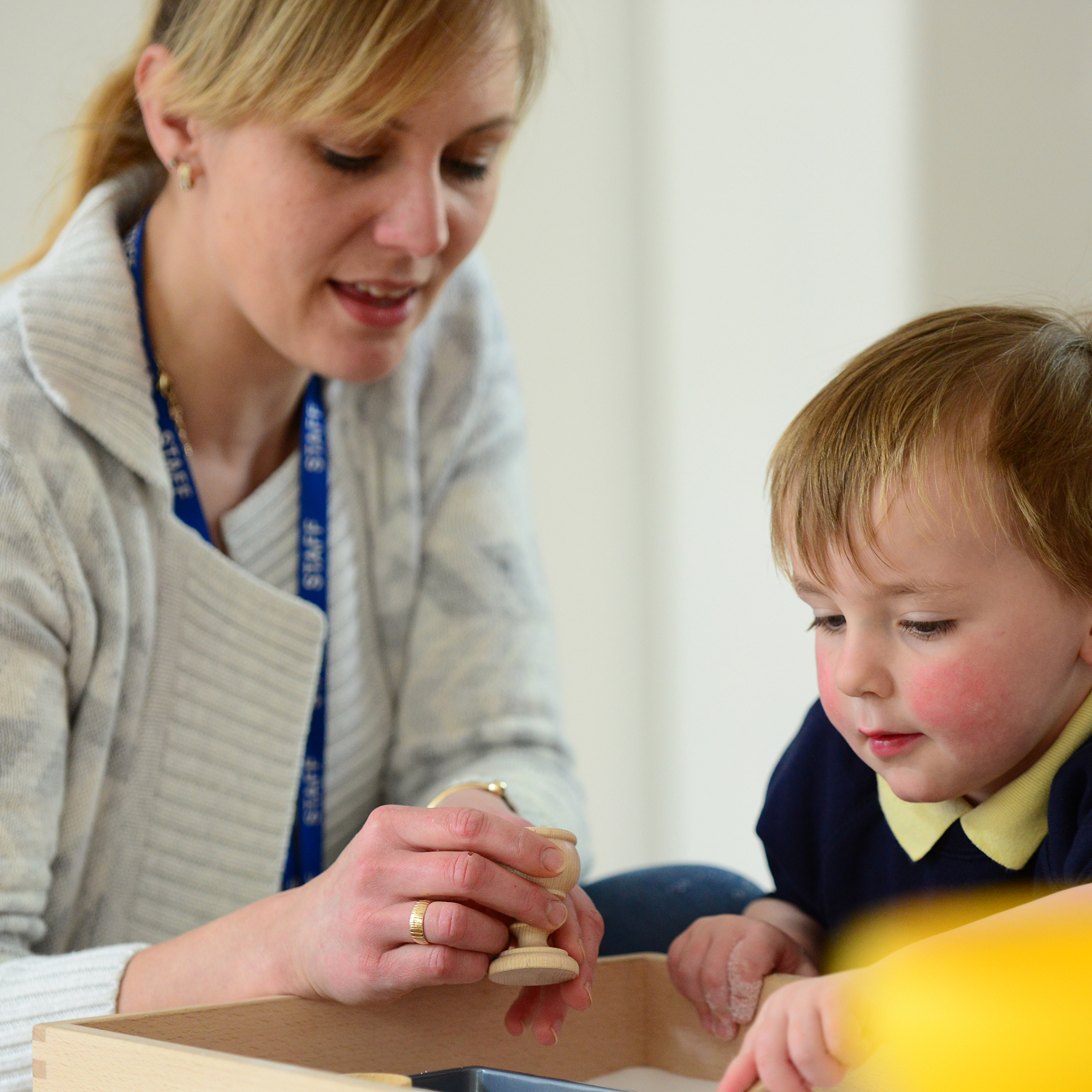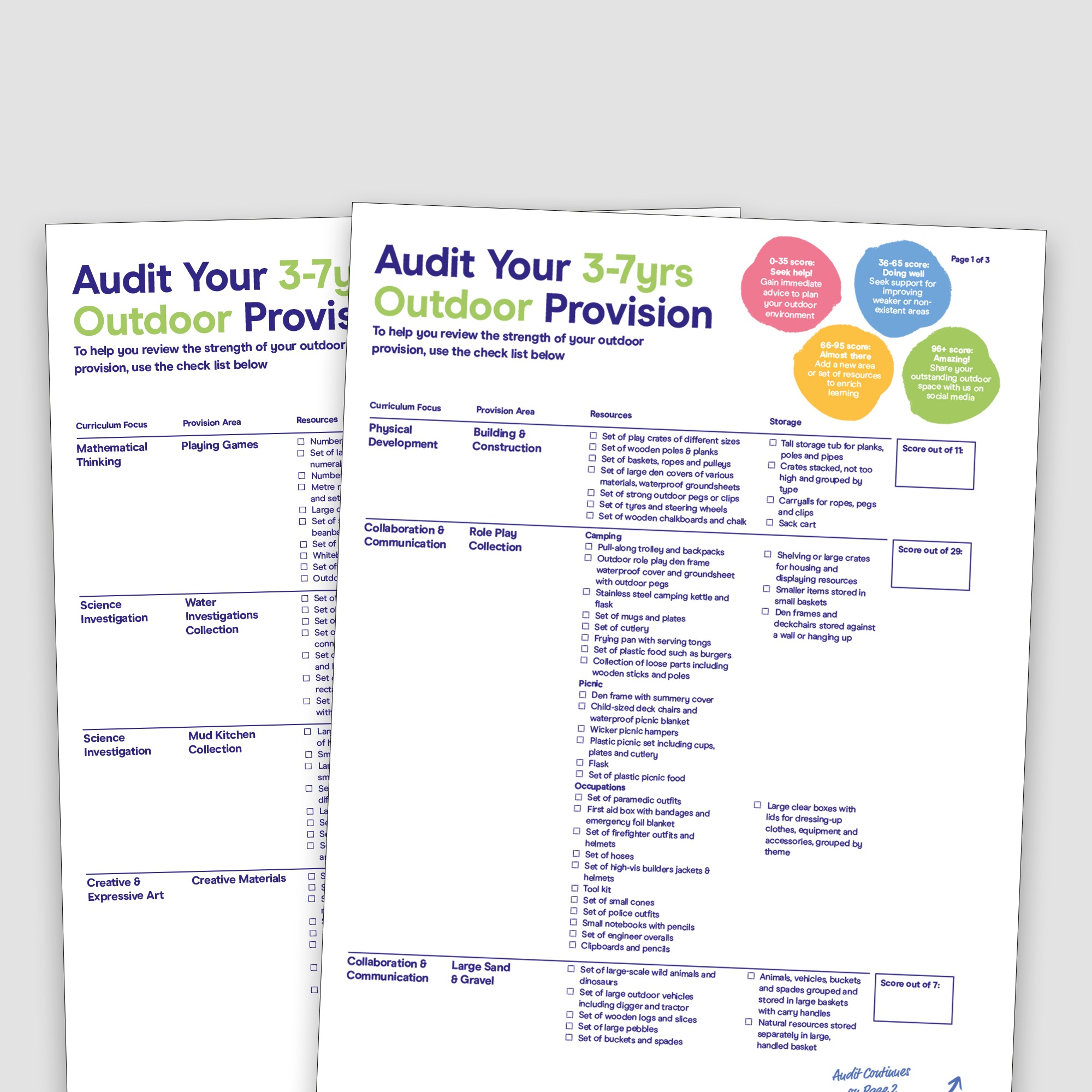New to Teaching the EYFS?
Survival Guide Part 3: Making Time for Teaching
In part three of our ECT series, we are going to focus on the role of the adult in the Early Years Foundation Stage. As part of this we will be exploring the balancing act that is teaching in the early years. From whole class teaching and small group work to facilitating and scaffolding a wide range of learning experiences – the term ‘teaching’ in the EYFS covers a broad range of possibilities.
Knowing and understanding this balance of approaches is a crucial factor in teaching effectively. Whole class teaching, small group work, exploration alongside children in prime and specific areas of provision, modelling and intervening (to name but a few) are all tools that the EYFS teacher will need to use wisely and appropriately.
As an early years’ teacher, knowing the different teaching tools or strategies available to us, and knowing when to use them, is crucial. Direct teaching and continuous provision in an enabling environment can often complement one another- a small world and blocks area can be the perfect space to explore ideas around story and story settings that have been discussed as a whole class or group.
At other times, however, combining teaching strategies like this can fall flat. Introducing letter sounds through whole class teaching or small group work is the most effective way for this concept to be taught. Following this up with letters written in marker pen on ping pong balls and placed in the water tray, however, doesn’t usually add to the learning experience.
So, let’s explore the balance – we’ll need to start by considering how you use your adult time.
Prioritising your time
Using your time effectively will be crucial. Think carefully about how you use your time and where within the learning environment this will happen. Get used to spending quality time alongside children within your areas of provision, building strong relationships and watching carefully how the children explore, and make sense of, the world around them. This will be useful information for your baseline, or on-entry assessment when you will need to identify their starting points – what each child knows and can do, built through play-based learning.
Use your time to set out expectations for how children are to behave and manage each area of provision and each resource. Within the first half term, time invested in modelling and supporting the children to use the environment effectively is never wasted. Talk to the children about each area of provision and introduce the resources carefully, referring to each resource by name and exploring the different possibilities when using it. Time well spent introducing resources and materials at this stage of the year will pay dividends when the children begin to explore the resources in depth as the year progresses.
Take some time to stand back and watch the learning that takes place within your indoor and outdoor environments. Watch carefully as children begin to develop a range of skills and concepts. A sound knowledge of your children’s learning behaviours and their predictable interests and fascinations will all help you to build a clear picture of each child and prompt you to consider how the learning environment can be developed further.
Planning your directed inputs
Consider which skills and concepts need to be taught across the year. Of these, there will be some elements, such as phonic knowledge and number recognition or counting that are most effective when taught directly. When teaching in a whole class context or in smaller groups try to be clear and succinct, building on skills and concepts across a week or longer period of time. This ‘small steps’ approach to teaching key skills will enable the direct teaching to be effectively taught in short bursts with clear progress being made over time. Reception or Nursery children will find it difficult to listen and stay engaged in carpet or group times of more than ten minutes. Short, well organised, direct teaching sessions, where learning is embedded over time and new ideas are introduced will be more effective.
Making time for EYFS teaching
As you create your weekly timetable, build in routines that will enable you to teach the skills and knowledge children need to acquire across the year. Designing and playing simple board games with your children each week, for example, is a great way of developing and exploring a wide variety of mathematical concepts. Making playdough or baking on a regular basis are other examples of great activities with many practical opportunities to explore a whole range of key concepts, language, vocabulary and skills.
And finally….
Working in the EYFS can be complex and challenging, but it also provides you with an incredibly rewarding opportunity to shape the lives of young learners. As the teacher within the EYFS classroom you will need to watch and reflect all of the time about the picture of learning which is developing around you. Try to take time to talk to other members of your team and your EYFS leader about what currently works and what elements of the practice need to be developed further.
I hope that you’ve found this three-part series useful – do let us know how you’re getting on.

Discover our Support for Teachers Moving into the EYFS webinar programme which explores key principles of continuous provision and considers how an effective environment, carefully planned and organised, promotes a broad range of learning opportunities for children.

As you step into your new classroom, your head will be buzzing with lots of plans and ideas and that’s where we can support. This September we are running a free webinar for you to find out more about Early Excellence and all we have to offer.

Carefully planned continuous provision will enable children to learn skills, will challenge their thinking and help them to embed concepts. Download a free copy of our early years provision audit tool to check out the quality of your provision today.
